From Freedom to Frustration: Why They Left Florida Behind
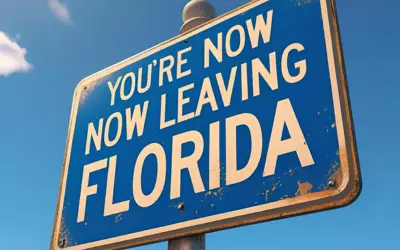
From Freedom to Frustration: Why They Left Florida Behind After Rising Costs, Hurricanes, and Broken Promises
John and Linda Anderson thought they had finally cracked the code.
Back in 2020, when the world seemed to close its doors, they were in New York, watching businesses shutter, schools lock down, and everyday freedoms shrink.
Life there had started to feel claustrophobic. They wanted space. They wanted sunshine. They wanted the feeling of living life on their own terms.
Florida promised all of that - and more.
It wasn’t just the weather or the beaches. It was the idea of living in a place that felt open. Free. A state that wasn’t bogged down by the restrictions and mandates
they felt trapped by up north. And compared to New York, it seemed almost cheap. So, like so many others, John and Linda packed up their lives and headed south.
When John and Linda Anderson first arrived in Manatee County, it felt like stepping into the life they had always dreamed of. The roads were lined with
palm trees swaying gently in the breeze, the air smelled like salt and sunshine, and every evening ended with a watercolor sunset that stretched across the sky.
After years of gray New York winters and tight city living, Florida felt wide open - physically and emotionally.
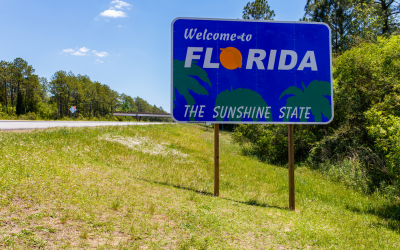
For the first time in years, they could breathe.
They found a Mediterranean-style home tucked inside a quiet neighborhood, complete with stucco walls, a tiled roof, and a backyard big enough for gatherings.
The kind of house they couldn’t have imagined affording up north. Even better, they locked in a mortgage rate of just 3% -
practically free money compared to what they’d been paying before. To them, it was a financial blessing and a chance to finally feel secure.
Everywhere they turned, the signs pointed to opportunity. Florida’s real estate market was on fire. Homes flew off the market in days, often hours.
Buyers lined up, eager to pay above asking. Neighbors reassured them they had arrived at exactly the right time. They weren’t just part of the Florida boom - they were riding the crest of the wave.
Life, at first, was everything they had hoped for.
Weekends were filled with backyard barbecues, new friendships, and beach days that stretched long into the evening. They sent photos of palm trees and
poolside dinners to friends back in New York with a note: “Told you Florida was better.” They bragged about the sunshine,
the lighter tax burden, and the freedom to live without restrictions.
It wasn’t just a move; it was a reset. A clean slate. Florida had become the place where they felt alive again.
But as the months turned into years, John and Linda began to learn a truth that many before them had discovered: paradise doesn’t always last.
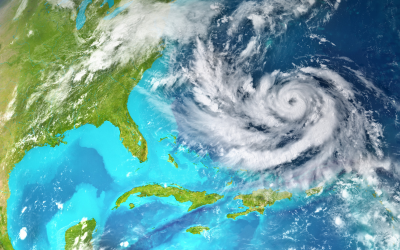
When Paradise Turns
At first, life felt effortless. But in Florida, paradise often comes with a price -
and John and Linda were about to discover just how high that price could be.
It started with the storms.
In September 2022, Hurricane Ian tore across the state. They watched on TV as entire neighborhoods in Southwest Florida vanished under storm surge.
The destruction was shocking, but it felt just far enough away - like a warning shot. Still, they stocked up on bottled water, batteries,
and plywood, realizing this wasn’t something they’d ever had to think about in New York.
Then, in 2024, Helene slammed into Florida’s Big Bend. Only weeks later, Milton followed, ripping through the coast like a reminder that no part of t
he state was safe. By then, hurricane season wasn’t just a story on the news -
it was an annual ritual of fear. They taped their windows.
They packed go-bags. They lay awake at night listening to the wind howl, wondering if this would be the storm that would take their
roof or flood their street. Even when their home was spared, the stress stayed. Paradise started to feel fragile.

But the hurricanes weren’t just storms. They were a financial tsunami.
Insurance companies began fleeing the state. One month, their renewal notice arrived, and the premium had doubled. The next year it tripled.
Suddenly, their “affordable” Florida home cost more to insure than their New York house ever did. Even neighbors with no claims saw their
rates skyrocket. The stories were the same up and down the street: canceled policies, higher deductibles, coverage disappearing.
And then came the property taxes. When their home value soared during the pandemic frenzy, they celebrated. But the celebration ended when the county reassessed.
The tax bill in their mailbox was thousands higher than before. The sunshine was still warm, but now it came with a sting.
Groceries, gas, car insurance, dining out - all of it climbed higher at the same time. Eggs doubled. A simple dinner out felt like a splurge.
The “cheap Florida lifestyle” they had boasted about to their friends back in New York? It was gone, replaced by receipts and bills that grew longer every month.
What hurt most wasn’t just the money. It was the realization that the leaders they thought would protect Florida families seemed more focused
on politics and national ambitions than on solving the problems sitting in their mailboxes. While homeowners struggled with soaring costs, the spotlight
stayed on issues that didn’t bring premiums down or make food more affordable. For John and Linda, it felt like betrayal.
The dream that had once felt limitless was shrinking again - only this time, it wasn’t New York closing in on them. It was Florida.
Frustration Builds
By 2025, the bills weren’t just numbers on paper anymore - they were a constant reminder that Florida
was no longer the bargain it had been when John and Linda arrived.
Every time they opened their mailbox, it felt like a punch in the gut. The insurance renewal: higher. The property tax bill: higher. Even the electric
bill seemed to climb with each season. Trips to the grocery store turned into quiet arguments in the checkout line. Gas stations became a place
for muttered complaints under their breath. Every dollar stretched thinner than it had just a year before.
But the worst part wasn’t just the bills. It was the conversations.

At backyard barbecues, neighbors who once bragged about Florida’s affordability now shook their heads in disbelief. One couple down the street had
their insurance dropped altogether and couldn’t find a replacement policy for less than triple the cost. Another was seriously considering
selling just to escape the financial pressure. Everyone had a story. Everyone had a breaking point.
John and Linda found themselves nodding along, realizing their frustrations weren’t unique. What they once saw as an endless stream of newcom
ers rushing into Florida had slowed. Friends from out of state who once envied their move started asking different questions: “Is it still worth it? Would you do it again?”
And John and Linda hesitated before answering.
What stung the most was the sense of being ignored.
As lifelong hard workers, they were used to paying their way. They didn’t expect handouts. But they did expect leadership that focused on solving the
real problems Floridians faced every day. Instead, all they saw on the news were speeches about faraway battles and hot-button
topics that had little to do with the insurance bill sitting on their kitchen counter.
It felt like their struggles were invisible.
Every hurricane season brought fresh anxiety, but instead of hearing about real reforms to stabilize insurance markets or cut costs, the headlines were
filled with distractions. Every trip to the grocery store reminded them of inflation, but the political
spotlight seemed to shine everywhere but there.
For John and Linda, the disappointment turned into anger. They had moved to Florida because it was open, affordable, and free. But in just a
few short years, it felt like the state had forgotten the very people who made that move.
And with each passing month, the frustration grew heavier. What once felt like a paradise now felt like quicksand -
pulling them deeper every time they tried to stand still.
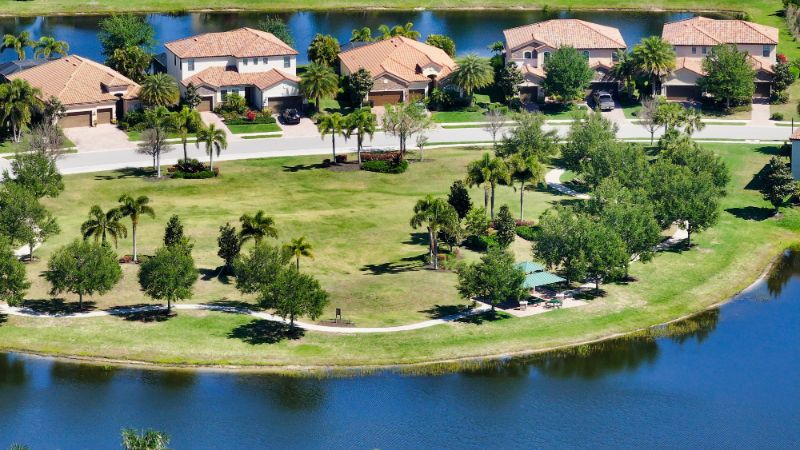
The Trap of the Golden Handcuffs
On paper, John and Linda should have felt lucky. A 3% mortgage was a dream deal - the kind of interest rate people would talk about for decades,
the kind of financial anchor neighbors envied. Friends up north told them they’d be insane to ever give it up.
But the reality didn’t match the math.
Everywhere else in their life, costs were exploding. Insurance premiums had ballooned so high they were now larger than their monthly mortgage payment
. Property taxes crept upward each year, eating into their budget. Groceries and gas felt like
they were draining cash as quickly as they could earn it.
The mortgage rate - the one piece of their financial puzzle that looked stable - had become more like a trap. It kept them tied to a house, a state,
and a lifestyle that no longer felt right for them. The more friends reminded them, “At least you’ve got that 3% loan,”
the more bitter they felt. Because what good is a low mortgage if you’re miserable in the place you live?
It was a strange contradiction: they were wealthier on paper than they’d ever been. Their home had appreciated.
Their mortgage was low.
Yet day by day, it felt harder to breathe.
Hurricane season only made the feeling worse. They remembered nights lying awake while the wind rattled the windows, listening for the telltale
sound of a branch snapping or a leak starting. They remembered the pit in their stomach when insurance renewal time rolled around, wondering how much higher it would climb this year.
They began to call it their golden handcuffs. Shiny, enviable, impossible to replace -but binding them tighter every month
. It wasn’t freedom anymore. It was captivity dressed up to look like security.
John and Linda started asking hard questions: How long can we really live like this? What if another storm hits? What happens if insurance jumps again?
Do we really want to stay here forever just because of a number on paper?
Those questions became impossible to ignore. And slowly, the idea of staying - no matter how “smart” it looked to outsiders - began to feel like the bigger mistake.
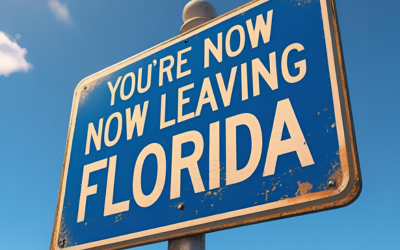
The Decision to Leave
By the middle of 2025, John and Linda were worn down. What had once been an exciting chapter of their lives now felt like an endless cycle of storms,
bills, and disappointment. Every time they tried to talk themselves into staying, another frustration landed on their doorstep.
One night, after opening their latest insurance renewal and seeing yet another staggering increase, they sat at their kitchen table in silence
. The tile floors, once a reminder of their Florida dream, now felt cold. Linda finally broke the silence.
“Are we really going to keep doing this?” she asked.
John didn’t answer right away. He glanced out the window at the palm trees swaying under a darkening summer sky. He thought about the boarded-up windows,
the endless forecasts, the mounting bills. He thought about the freedom they’d once felt here and how far away it seemed now. Finally, he shook his head.
“I don’t think we can,” he admitted.
It wasn’t an easy decision. They knew that selling meant walking away from their 3% mortgage - the financial unicorn everyone said they should treasure forever.
They knew they’d be trading it for something closer to 7%, and on paper, it looked like madness. But the numbers on paper didn’t show
the stress of watching bills grow larger while their peace of mind shrank smaller.
They also knew they’d likely take a loss on the sale. The market wasn’t what it had been when they bought. But at this point,
it wasn’t about maximizing profit - it was about minimizing stress.
So they began looking north.

North Carolina had always been on their radar. The mountains, the slower pace, the promise of seasons that didn’t come with the constant threat of hurricanes.
They imagined cool evenings on the porch, drives through winding roads lined with trees, a community that felt quieter and steadier.
For the first time in a long time, they felt a spark of hope.
The decision to leave wasn’t just about money. It was about control. It was about reclaiming the sense of peace that Florida had once given them but no longer could.
To John and Linda, that was worth more than any mortgage rate, more than any tax bill, more than the pride of holding onto a house that no longer felt like home.
It was time to let go of Florida.
A Story About Change and Realism
John and Linda’s journey wasn’t about failure. It wasn’t even about regret. It was about facing the truth
when the truth became too big to ignore.
Florida had been exactly what they needed in 2020. It gave them freedom at a time when their lives in New York felt suffocating.
It gave them a chance to start over in a place where the sun shined brighter, the rules felt lighter, and the promise of affordability gave them breathing room. For a few golden years, it worked.
But life has seasons. And Florida changed.
The storms grew stronger. The insurance industry buckled under the weight of risk. Taxes climbed, costs climbed, and what once felt cheap started to feel crushing
. The leaders they thought would protect their way of life seemed more focused on the spotlight
than the real problems draining their bank account.
Through it all, John and Linda held on. They clung to their mortgage rate like it was a life raft. They tried to convince themselves that numbers on paper could
outweigh the constant stress of living in a state that no longer felt like home. But deep down, they knew.
The Florida dream they had once chased had turned into something else entirely.
So they chose realism over nostalgia. They chose peace of mind over pride. They chose to sell their Florida home, take the loss, and start fresh in North Carolina.
To outsiders, it might look irrational - giving up a 3% mortgage for one twice as high. But for John and Linda, it was the most rational thing they had done in years.
Because at some point, a home is not just about equity or interest rates. It’s about quality of life. It’s about feeling safe.
It’s about living without the constant fear of storms, bills, and broken promises.
Their story is not unique. It is a story of change. A story of learning when to let go.
A story of realism - even when the math says otherwise.
And maybe that’s the real lesson for Florida homeowners today.
Clinging to the past - to yesterday’s prices, yesterday’s interest rates, yesterday’s version of the Florida dream - can cost you more in the long run.
Markets shift. Costs rise. Realities change. The question isn’t whether Florida is good or bad, or whether it’s worth staying or leaving.
The question is whether it’s still the right fit for you.
For John and Linda, the answer was no. And they dared to act on it.
Beyond Homes - We Match Lifestyles
Thank you for taking the time to read our blog. We are excited you found us.
We are the 941 Lifestyle Group.

We are real estate agents in Lakewood Ranch and would love to be your go-to real estate team in the 941 area.
We service all of Manatee and Sarasota Counties.
Specializing in Lifestyle Real Estate.
From the beautiful Gulf Beaches, Downtown Sarasota, and Lakewood Ranch.
SUBSCRIBE to our YouTube Channel
Please reach out anytime.
941-233-9722
Adam Miller
Real Broker, LLC
*Some of our blogs were written with AI's assistance.
Categories
Recent Posts
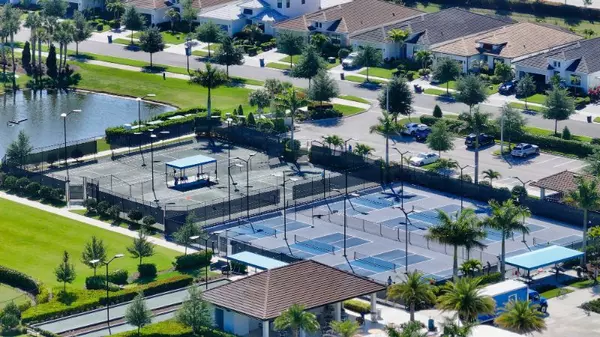
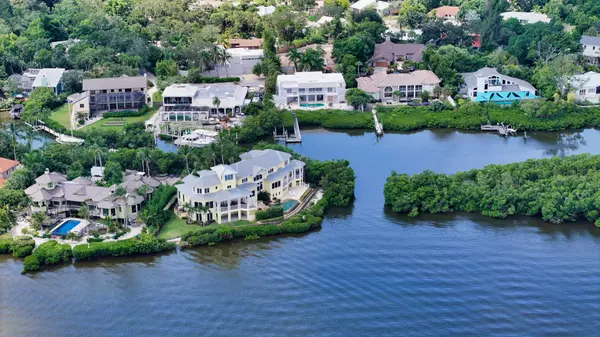
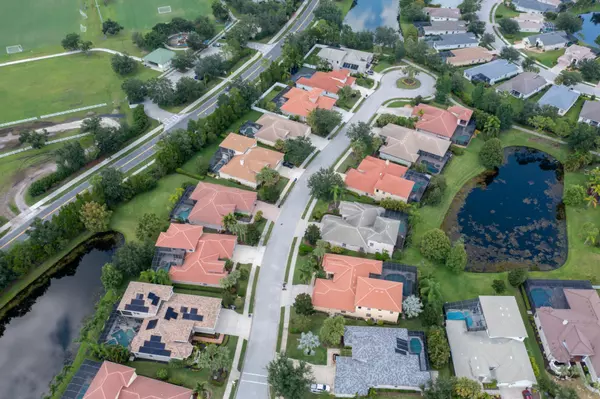
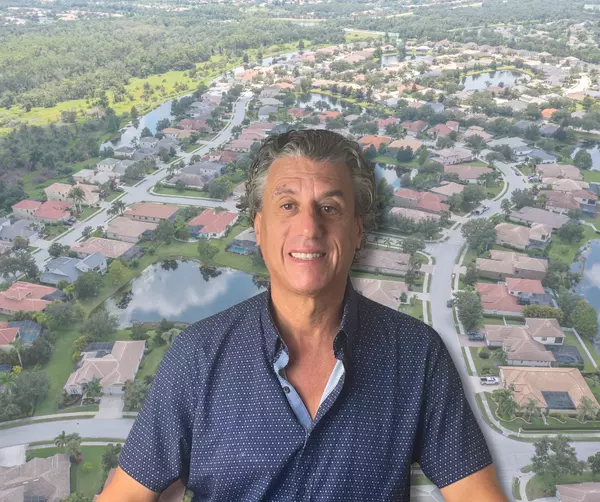
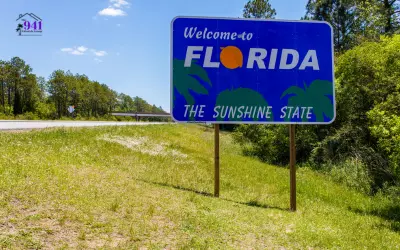
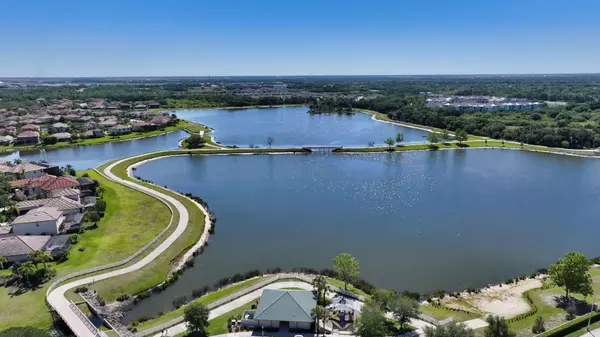
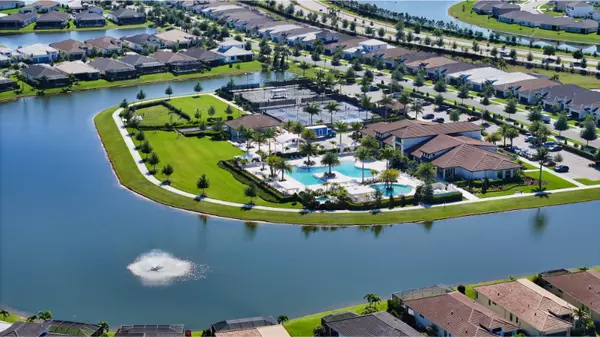
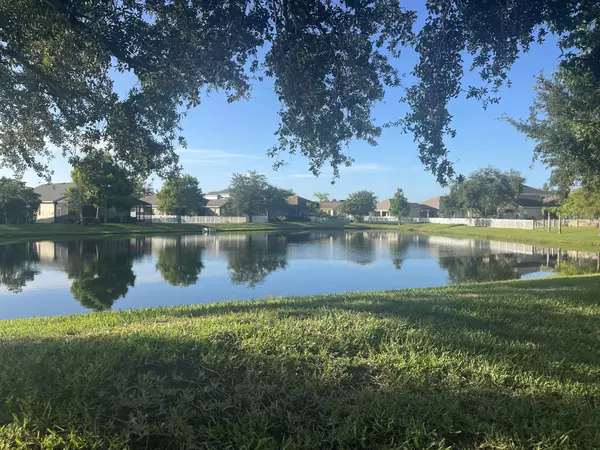
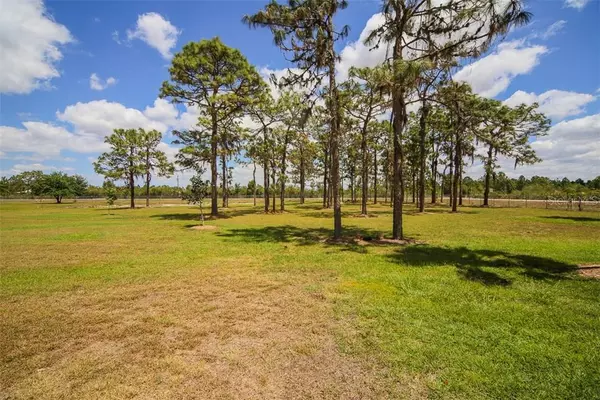
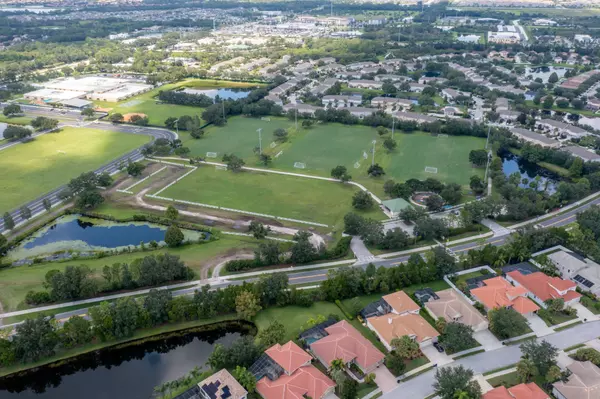

"My job is to find and attract mastery-based agents to the office, protect the culture, and make sure everyone is happy! "

